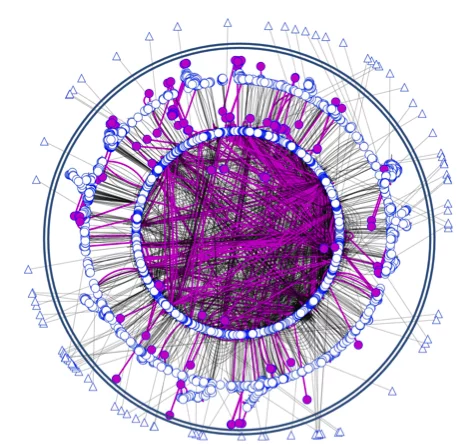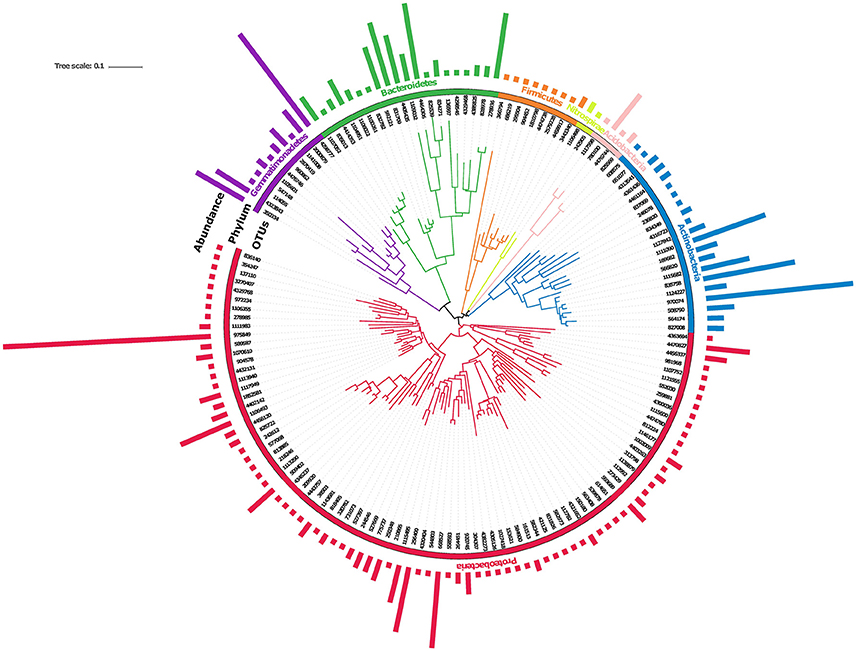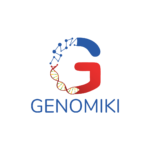Bioinformatics
services
for researchers
Are you planning your sequencing experiments?
Plan your bioinformatics analysis now!
Advancements in the biomedical industry have enabled doctors and scientists to perform next-generation, high-throughput experiments. These experiments generate tons of data which need efficient analysis and interpretation.
We are pioneers in providing bioinformatics analysis services. Analysing advanced Next-Generation Sequencing Datasets is one of our key competencies. We offer consultancy to analyse, interpret and execute the output in an organised way, based on your commentaries.
Features we offer

Expertise in handling complex data sets

Publication quality plots and figures

Multiple pipelines approach for higher precision

Fast Turnaround Time
With the help of our exceptionally qualified team having immense experience of analysing genomics datasets, GENOMIKI offers services in the following domains
Whole Genome Assembly
Whole genome assembly is the process of reconstructing the complete DNA sequence of an organism’s genome. Genomes consist of long sequences of nucleotide bases (A, T, C, and G) that encode genetic information. However, due to their size and complexity, genomes cannot be directly sequenced in a single read.
There are two main approaches to whole genome assembly:
1. Reference-based assembly:
A genetic testing method focusing on specific genes linked to hereditary conditions, helping identify mutations and assess the risk of passing them to offspring.
2. De novo assembly:
De novo assembly is used when a suitable reference genome is not available or when studying unique genomes of non-model organisms. This approach involves computationally assembling the sequenced fragments without relying on a reference genome. Patterns and overlaps in the sequenced fragments are analyzed to construct contiguous sequences, known as contigs, representing different regions of the genome.
Genome analysis
The order of nucleotide bases in every organism is unique. Determination of this order through whole/targeted genome sequencing will help uncover underlying information. We offer several bioinformatics services for genomic analysis for different organisms ranging from prokaryotic to eukaryotic.

1. Whole genome assembly
- Reference based
- De-novo assembly
- Gene predictions and annotations
2. Whole exome and Clinical exome
- Variant calling
- Variant annotation
- Variant prioritization
- Clinical report generation
3. Copy number Variation Analysis
4. Cancer Genomics
- Mutational Landscape
- Pan-Cancer Analysis
- Mining and analysis of TCGA datasets
Metagenome Analysis
Metagenomics comprises study of taxonomic and physiological characteristics of a species collected from their true habitat. This helps in identifying the unknown species and improve our understanding of how these species interact with the environment. We utilise a multitude of computational approaches to obtain, process, and extract useful biological information from a variety of samples and complex datasets.

1. Sequencing data processing
2. OTU analysis and taxonomic classification
3. Alpha & Beta diversity analysis
4. Species level identification
5. Correlation with the KEGG pathway
With the increase in use of metagenomic samples in inferring the taxonomic and functional composition of microbial communities from different environmental or clinical settings, we are offering several analyses covering various aspects.
Transcriptome analysis
The set of all RNA transcripts (coding and non-coding) in a particular cell (single or population) or tissue type is called transcriptome. Changes in an organism’s transcriptome are studied to identify the expression of a targeted or thousands of genes and transcripts in a particular condition. We are experts in analysing transcriptome datasets and provide a wide range of a analysis services
1. Transcriptome assembly
- Filtering by quality
- Reference based assembly
- de-novo
- Unigene assembly
- Gene prediction
2. Differential expression analysis
- Functional annotation
- Pathway analysis
- Gene enrichment analysis
3. Small RNA sequencing assembly and analysis
- Isomer identification
- Identification of novel miRNAs
- Functional annotations
4. Identification and analysis of non-coding RNAs
5. Generation of plots and figures
6. Network construction
7. Co-expression analysis
8. GRO-seq analysis
Epigenome analysis
Genetic modifications that impact gene activity without affecting the DNA sequence are known as epigenetic modifications. These are heritable and encompass all those chemical modifications to DNA and protein which may affect the gene expression. Changes in DNA methylations levels and histone modifications are the common examples of epigenetic analysis performed. We offer comprehensive analysis services for various epigenomic datasets.
1. ChIP-Sequencing Analysis
- Peak calling
- Identification of Transcription Factors
- Functional enrichment
- Motif identification
2. DNA methylation
- Quantification of methylation for all CpG islands
- Functional annotation for differentially methylated CpG islands
- Differentially Methylated Regions (DMRs)
Structural Bioinformatics

1. Molecular docking
This service can ease your research on in-silico applications and drug design. We will help you in your Computer-Aided Drug Discovery (CADD) pathway by finding an active site, screening the exhaustive ligand libraries, and inventing a target-ligand complex for your research.

2. Homology modelling
Our Homology modelling services will provide excellent quality protein structure based on the amino acid sequences provided by you.

3. Machine learning approaches
We can help you to construct a stabilized and defined approach for your experiments by extrapolating the data using AI algorithms.
Statistical Analysis
Through statistical analysis we explore and interpret the data. We accomplish this by assembling, tabulating and applying precise statistical tools on data prediction.
Various statistical tests are performed to analyse the data, such as
- Chi-square tests
- ANOVA
- Data modelling
- Estimation
- Regression
Population genetics

1. STR Clustering

2. Pairwise genetic distance calculation

3. Phylogenetic trees
Data management
- We at GENOMIKI help you from managing to storing data with utmost care. We can also help you in designing your database, resources, and browsers.
Publication support
- You have dedicated many hours in your research, it’s important that your research gets published in a journal that justify your efforts. We can provide publication support for efficient publications which includes figure generation, consultancy and writing support. With the team of professionals, we will provide the best service which will aid your research to get published.
We also offer customized projects according to the needs and requirements of the clients.
